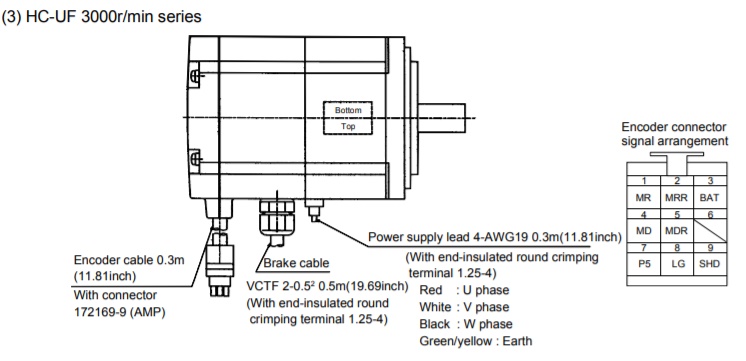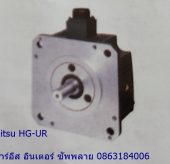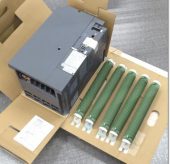Servos are commonly used in automation applications in the industrial sector due to their precision and accuracy in controlling motion. Servos are often used in robotics and manufacturing processes to control the movement of machines and components.
In industrial automation, servos can be used in various applications, including packaging, assembly, and material handling. For example, servos can be used to control the movement of conveyor belts, robotic arms, and assembly line equipment. The ability to precisely control the movement of machines and components can improve efficiency and productivity in manufacturing processes.
One of the advantages of using servos in industrial automation is their ability to operate in a closed-loop system. This means that the servo motor can receive feedback from sensors or encoders to adjust its movement and maintain a desired position or speed. This allows for more precise control over the motion of the machine, resulting in better quality products and increased production efficiency.
In addition, servos are often used in collaborative robots or “cobots,” which are designed to work alongside human operators. The precise control of servos can help ensure the safety of human operators by allowing the robot to move slowly and avoid collisions.
Overall, servos are a valuable tool in industrial automation due to their precision, accuracy, and ability to operate in closed-loop systems. They can help improve efficiency, productivity, and safety in manufacturing processes.






